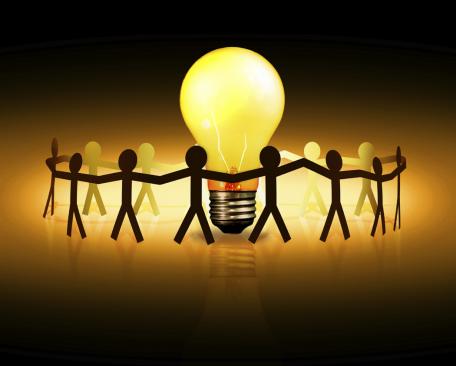Self help group
With SoFAR's guidance and the members own experiences, SHGs can potentially play four key roles through the different stages of evolution: mutual help, financial intermediation, livelihood planning, and social empowerment.
SoFAR gives particular attention to women because even as they comprise half of the country's population, they remain the most disadvantaged sector among the poor. Yet it is the women who prove to be most effective in fostering change in their families and communities.
As a result of SoFAR's intervention efforts, an increasing number of rural families especially women are engaging in independent livelihood activities. These activities serve as opportunities for diversifying and enhancing their incomes.
All members of the group should belong to families below the poverty line. However, if necessary, a maximum of 20% and in exceptional cases , where essentially required, upto a maximum of 30% of the members in a group may be taken from families marginally above the poverty line living contiguously with BPL families and if they are acceptable to the BPL members of the group. This will help the families of occupational groups like agricultural labourers, marginal farmers and artisans marginally above the poverty line, or who may have been excluded from the BPL list to become members of the Self Help Group. The group shall not consist of more than one member from the same family. A person should not be a member of more than one group. The BPL families must actively participate in the management and decision making.
Our SHG Members
In India, Self Help Groups or SHGs represent a unique approach to financial intermediation. The approach combines access to low-cost financial services with a process of self management and development for the women who are SHG members. SHGs are formed

